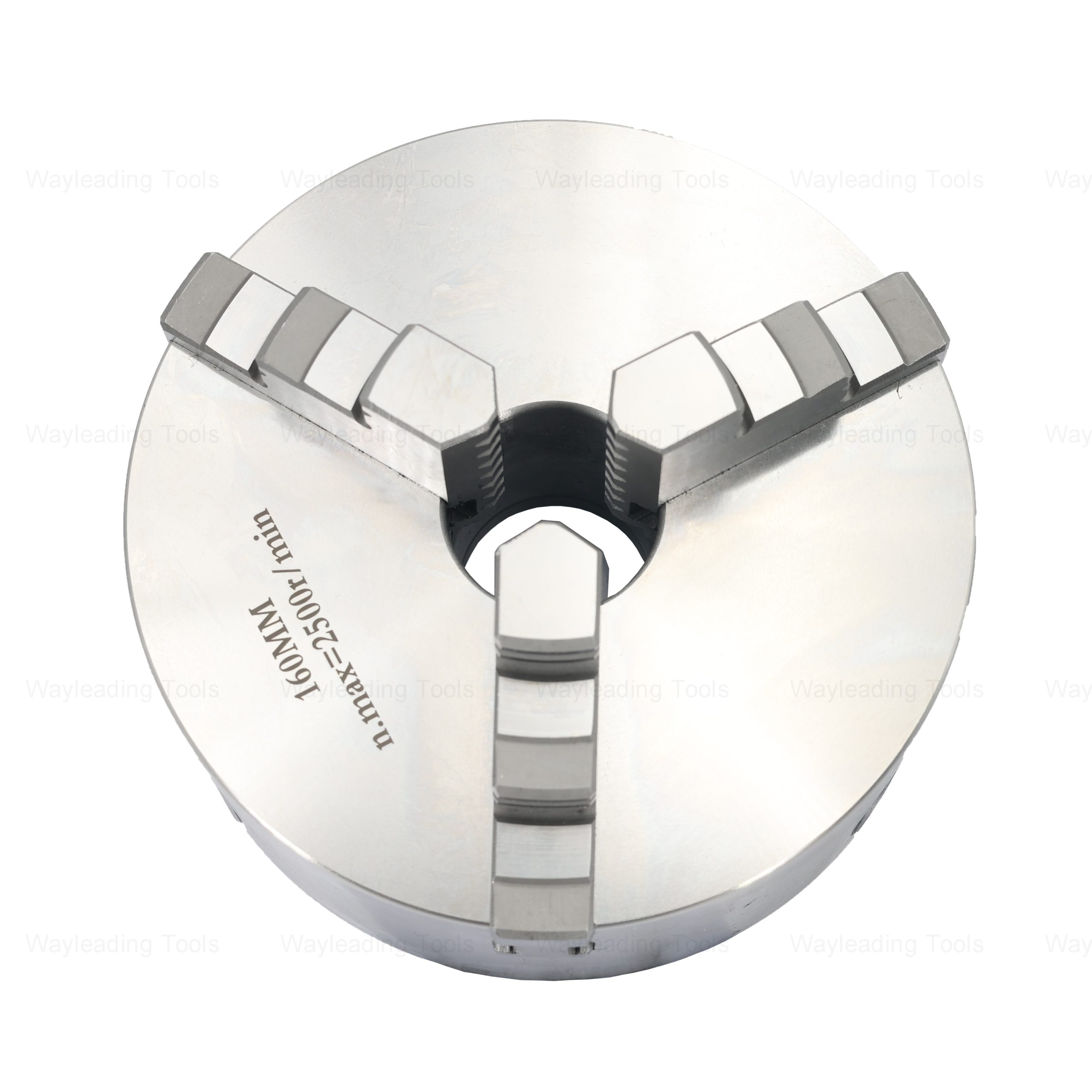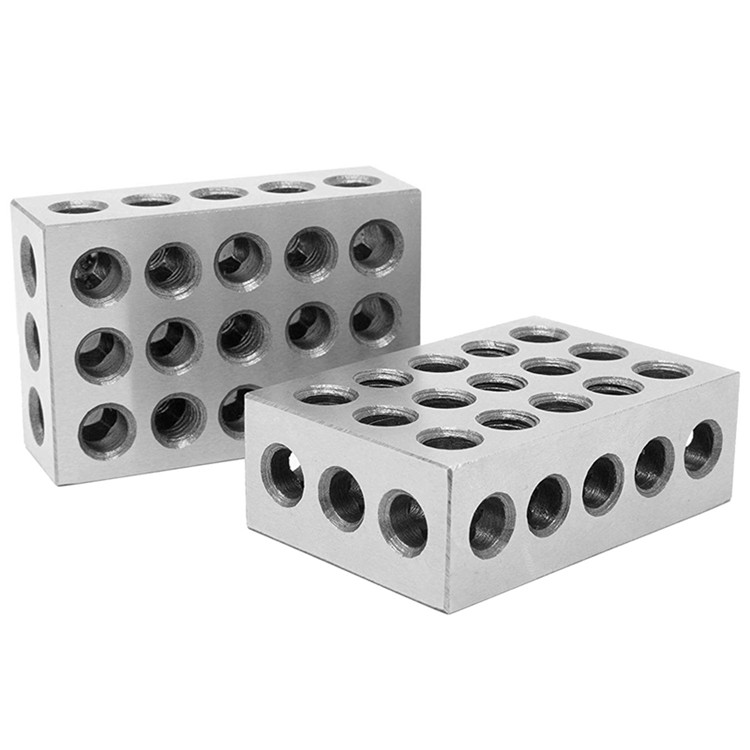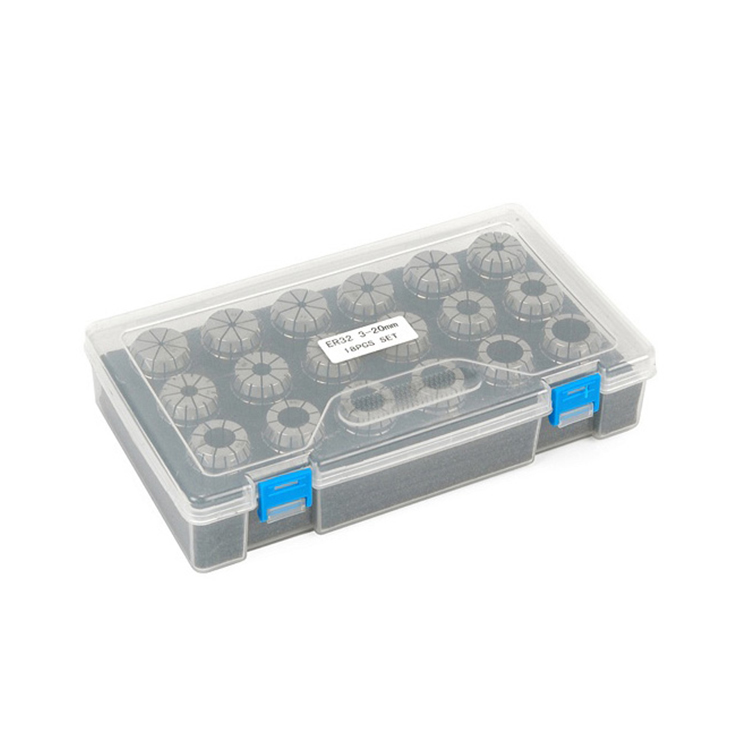Drill chuck Suppliers
Finding the right Drill chuck suppliers can be challenging. This guide simplifies the process by outlining key considerations, chuck types, selection criteria, and leading suppliers to help you make an informed decision for your drilling needs. Whether you’re a professional machinist or a DIY enthusiast, understanding these factors will ensure you select the optimal chuck for efficiency and precision.
Understanding Drill Chucks
What is a Drill Chuck?
A drill chuck is a specialized clamp used to securely hold drill bits and other rotary tools in a drilling machine. Its primary function is to provide a strong, concentric grip on the tool, ensuring accurate and efficient drilling. Drill chuck suppliers offer a variety of chucks designed for different applications and drill types.
Types of Drill Chucks
Drill chuck suppliers typically offer several types of drill chucks, each with its own advantages and disadvantages:
- Keyed Chucks: These chucks require a chuck key to tighten and loosen the jaws around the drill bit. They are known for their strong grip and durability, making them suitable for heavy-duty applications.
- Keyless Chucks: These chucks can be tightened and loosened by hand, offering convenience and speed. They are ideal for applications where frequent bit changes are required.
- SDS Chucks: (Slotted Drive Shaft) Designed for hammer drills, SDS chucks allow for quick bit changes and provide a secure connection that can withstand the impact forces of hammer drilling.
- Collet Chucks: Collet chucks use a collet to grip the drill bit. Collets offer superior concentricity, which is crucial for precision drilling.
Factors to Consider When Choosing a Drill Chuck Supplier
Selecting the right Drill chuck suppliers is crucial for ensuring you receive quality products and reliable service. Consider these factors:
Reputation and Experience
Choose suppliers with a proven track record of providing high-quality drill chucks. Look for customer reviews, testimonials, and industry certifications to assess their reputation. Wayleading Tools, with over 10 years of experience in the tooling industry, is committed to providing high-quality drill chuck suppliers service to all customers.
Product Quality and Range
Ensure the supplier offers a wide range of drill chucks to meet your specific needs. The quality of the materials and manufacturing processes directly impacts the chuck's durability and performance. Look for suppliers that offer chucks made from high-grade steel with precision machining.
Pricing and Availability
Compare prices from different Drill chuck suppliers to ensure you're getting a competitive deal. Also, consider the supplier's availability and lead times, especially if you require a large quantity or have urgent needs.
Technical Support and Service
Choose a supplier that offers excellent technical support and customer service. They should be able to answer your questions, provide guidance on selecting the right chuck, and offer after-sales support if needed.
Top Drill Chuck Suppliers
While there are numerous Drill chuck suppliers, here are some well-regarded options known for their quality and reliability:
- Jacobs Chuck: A widely recognized brand known for its high-quality keyed and keyless chucks.
- Rohr Tooling: Offers a comprehensive range of drill chucks for various industrial applications.
- Albrecht Precision: Specializes in high-precision drill chucks for demanding drilling operations.
- Wayleading Tools: Provides a wide range of drill chucks with excellent customer support.
Selecting the Right Drill Chuck for Your Application
Choosing the right drill chuck depends on several factors, including the type of drilling you'll be doing, the size of the drill bits you'll be using, and the type of drilling machine you have.
Drilling Application
For heavy-duty drilling applications, a keyed chuck is typically the best choice due to its strong grip. For applications where frequent bit changes are required, a keyless chuck is more convenient. If you are using a hammer drill, an SDS chuck is essential.
Drill Bit Size
Ensure the chuck's capacity matches the range of drill bit sizes you'll be using. Drill chuck suppliers specify the minimum and maximum bit sizes that a chuck can accommodate.
Drilling Machine Type
The chuck must be compatible with your drilling machine. Consider the spindle size and type (e.g., threaded, tapered) to ensure a proper fit.
Maintenance and Care of Drill Chucks
Proper maintenance can extend the life of your drill chuck and ensure optimal performance. Here are some tips:
- Regular Cleaning: Clean the chuck regularly to remove debris and prevent corrosion.
- Lubrication: Apply a small amount of lubricant to the jaws and internal mechanisms of the chuck.
- Inspection: Inspect the chuck regularly for signs of wear or damage.
- Proper Storage: Store the chuck in a dry, clean place to prevent rust and corrosion.
Troubleshooting Common Drill Chuck Problems
Here are some common problems you may encounter with drill chucks and how to troubleshoot them:
- Slipping: If the drill bit is slipping in the chuck, ensure the jaws are properly tightened and the bit is clean.
- Difficulty Tightening: If the chuck is difficult to tighten, clean and lubricate the jaws and internal mechanisms.
- Wobbling: If the chuck is wobbling, it may be damaged or worn. Replace the chuck if necessary.
Where to Buy Drill Chucks
You can purchase drill chucks from a variety of sources, including:
- Online Retailers: Websites like Amazon and eBay offer a wide selection of drill chucks from various brands.
- Industrial Supply Stores: Grainger, McMaster-Carr, and Fastenal are industrial suppliers that carry a range of drill chucks.
- Directly from Manufacturers: Some manufacturers, such as Jacobs Chuck, sell their products directly to consumers.
- Wayleading Tools: A reliable supplier offering a comprehensive range of drill chucks with excellent customer service. You can explore our drill chuck selection here.
Key Takeaways for Choosing Drill Chuck Suppliers
Selecting the right Drill chuck suppliers involves careful consideration of their reputation, product quality, pricing, and technical support. By understanding the different types of drill chucks and their applications, you can make an informed decision that meets your specific needs. Remember to prioritize quality and reliability to ensure your drilling operations are efficient and precise.
| Chuck Type | Pros | Cons | Typical Applications |
|---|---|---|---|
| Keyed Chuck | Strong grip, durable | Requires a key, slower bit changes | Heavy-duty drilling |
| Keyless Chuck | Convenient, fast bit changes | Can slip under heavy loads | General-purpose drilling |
| SDS Chuck | Quick bit changes, secure connection | Specific to hammer drills | Hammer drilling |
| Collet Chuck | Superior concentricity | Limited bit size range | Precision drilling |
Disclaimer: All product names, logos, and brands are property of their respective owners.
Related products
Related products
Best selling products
Best selling products-
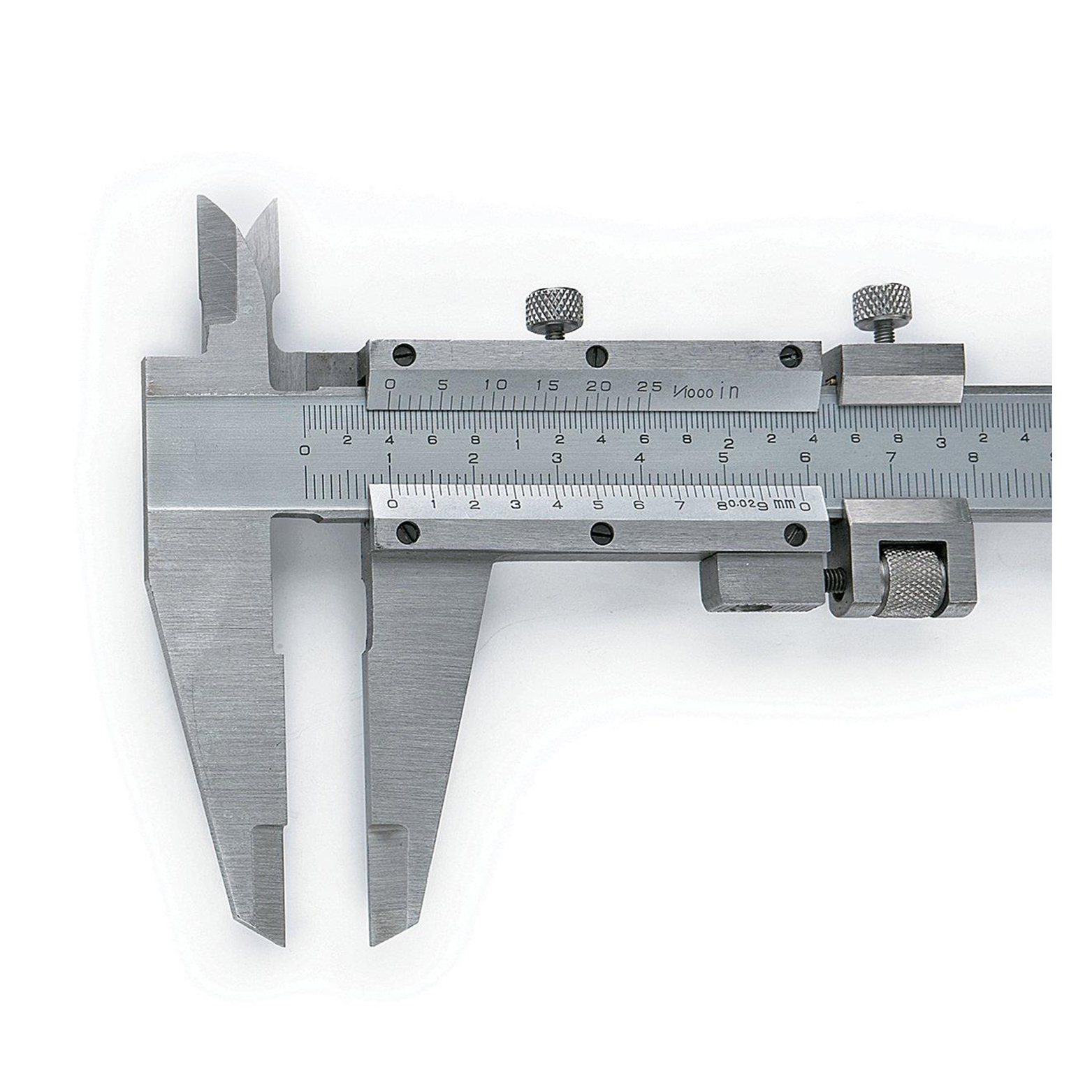 Precision Fine-Adjustment Vernier Caliper Of Metric & Imperial For Industrial
Precision Fine-Adjustment Vernier Caliper Of Metric & Imperial For Industrial -
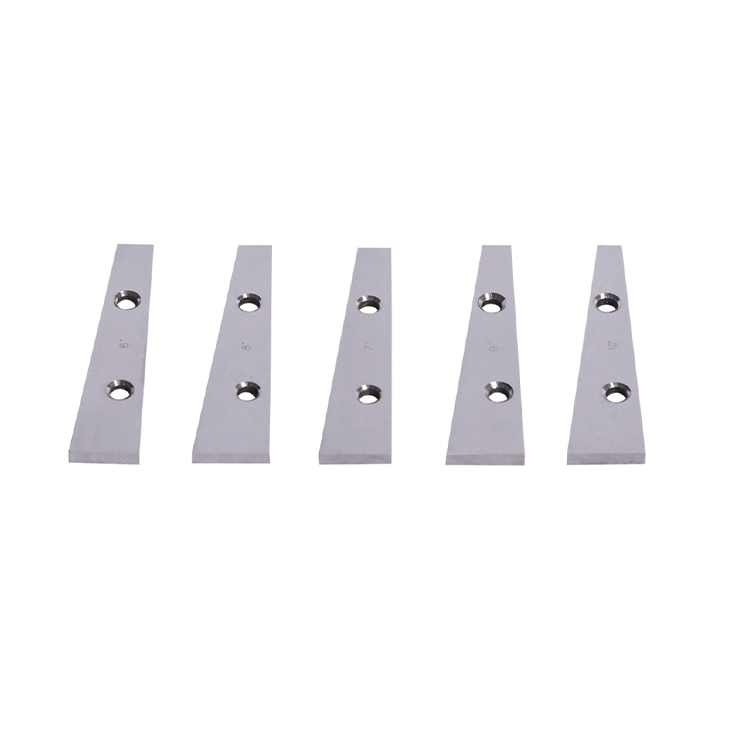 Precision 5pcs & 6pcs Angle Blocks Set With High Quality Type
Precision 5pcs & 6pcs Angle Blocks Set With High Quality Type -
 Auto Self Reversible Tapping Chuck In Drill Machine
Auto Self Reversible Tapping Chuck In Drill Machine -
 Precision V Block Set With High Quality Type
Precision V Block Set With High Quality Type -
 HSS Inch 4 Flute End Mills With Bright Or TiN And TiAlN Coated
HSS Inch 4 Flute End Mills With Bright Or TiN And TiAlN Coated -
 HSS Threading Taps – ISO 529, Straight Flute, Spiral Flute & Spiral Point
HSS Threading Taps – ISO 529, Straight Flute, Spiral Flute & Spiral Point -
 Precision V Block And Clamps Set With Heavy Duty
Precision V Block And Clamps Set With Heavy Duty -
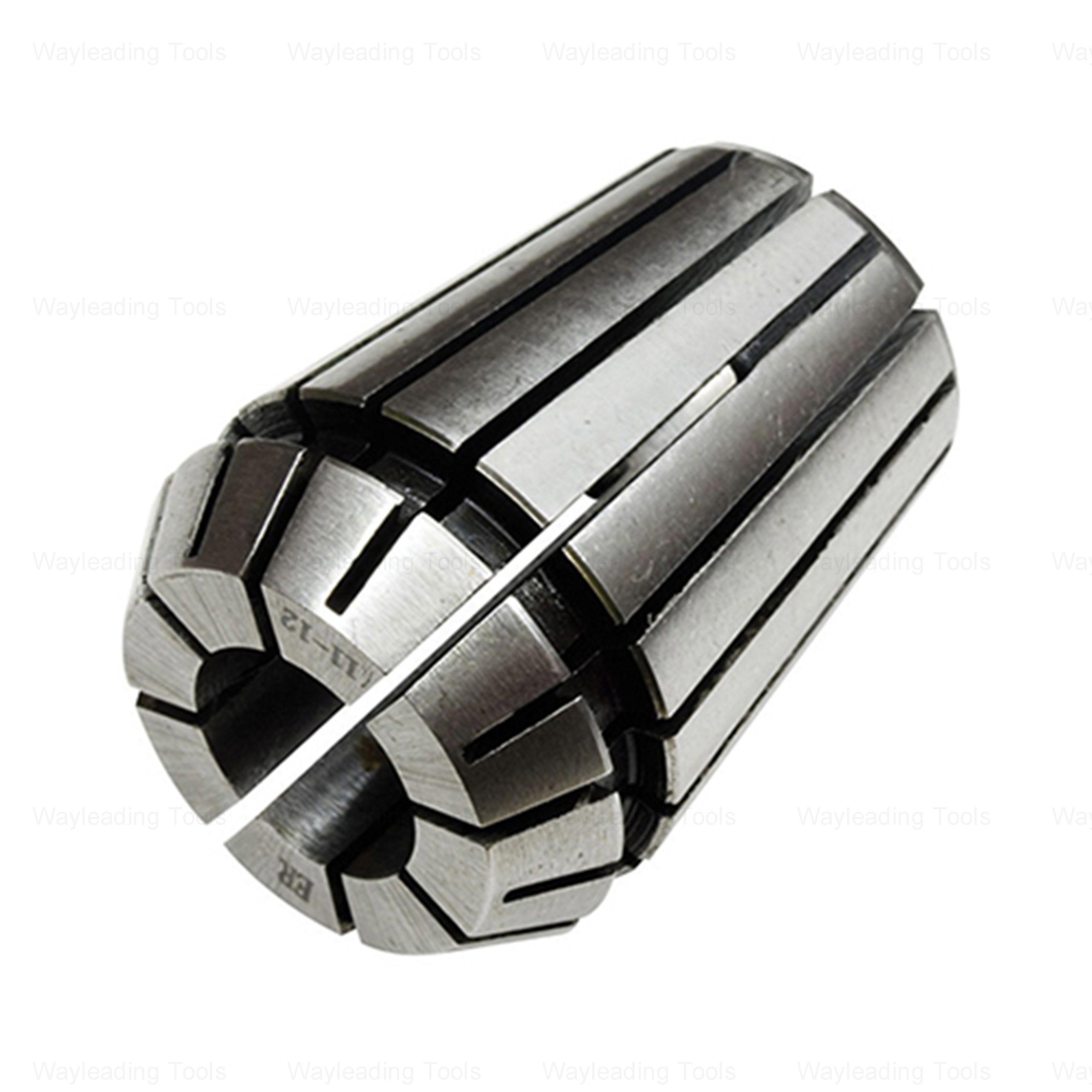 Metric ER Collets – High Precision, for Milling Applications
Metric ER Collets – High Precision, for Milling Applications -
 Precision Digital Bore Guage From 6-450mm Range
Precision Digital Bore Guage From 6-450mm Range -
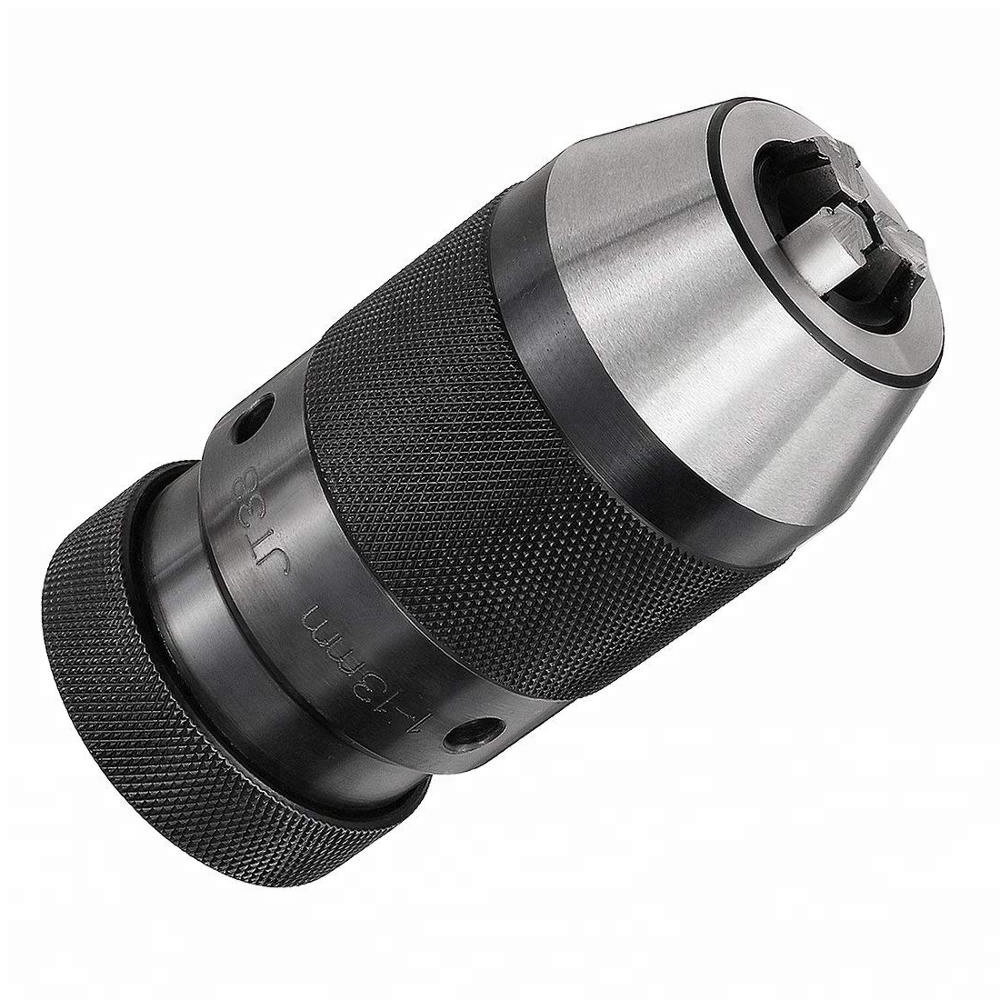 Keyless Drill Chuck With Heavy Duty Type
Keyless Drill Chuck With Heavy Duty Type -
 Precision Monoblock Fine-Adjustment Vernier Caliper Of Metric & Imperial For Industrial
Precision Monoblock Fine-Adjustment Vernier Caliper Of Metric & Imperial For Industrial -
 HSS DP Involute Gear Cutters With PA20 And PA14-1/2
HSS DP Involute Gear Cutters With PA20 And PA14-1/2


